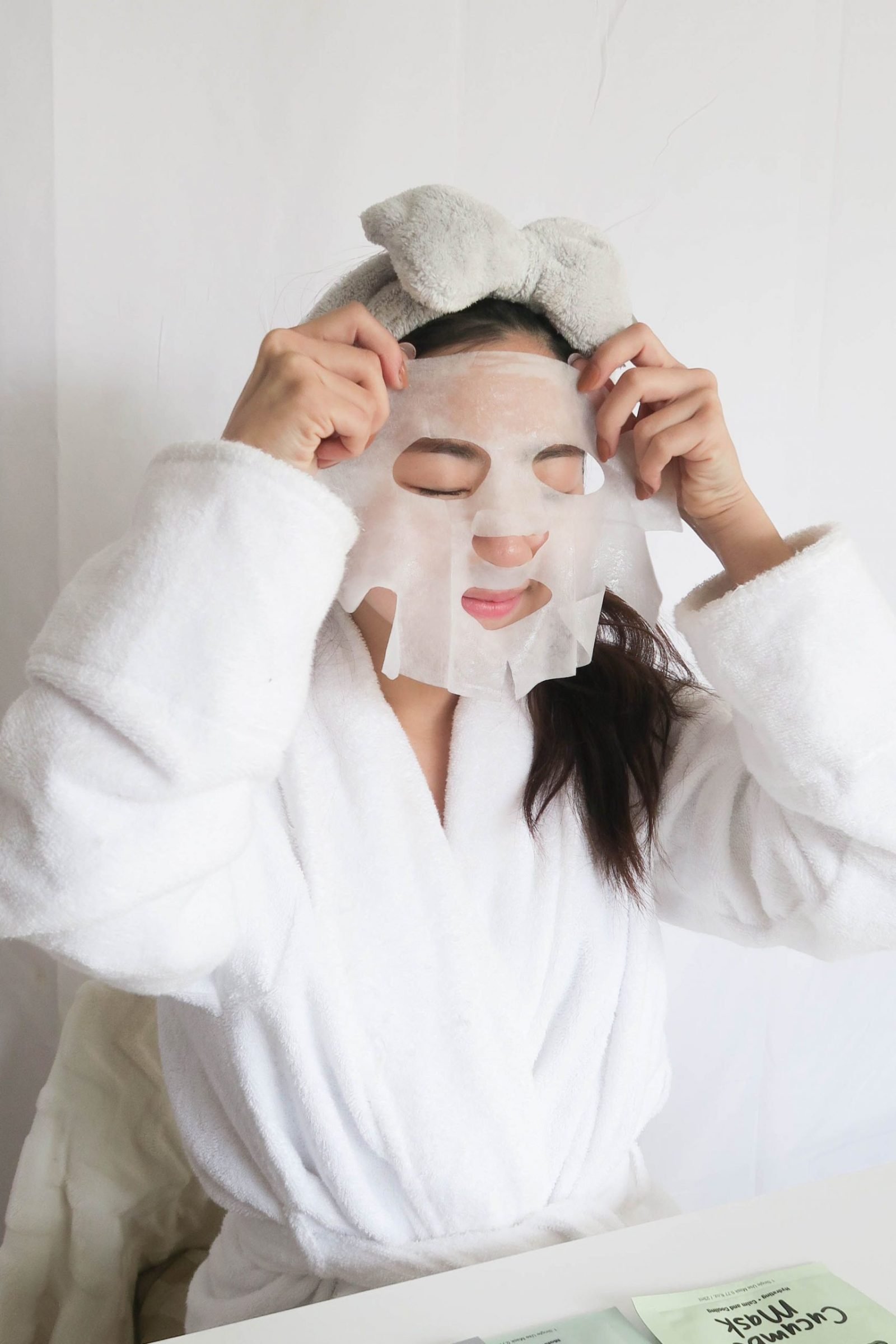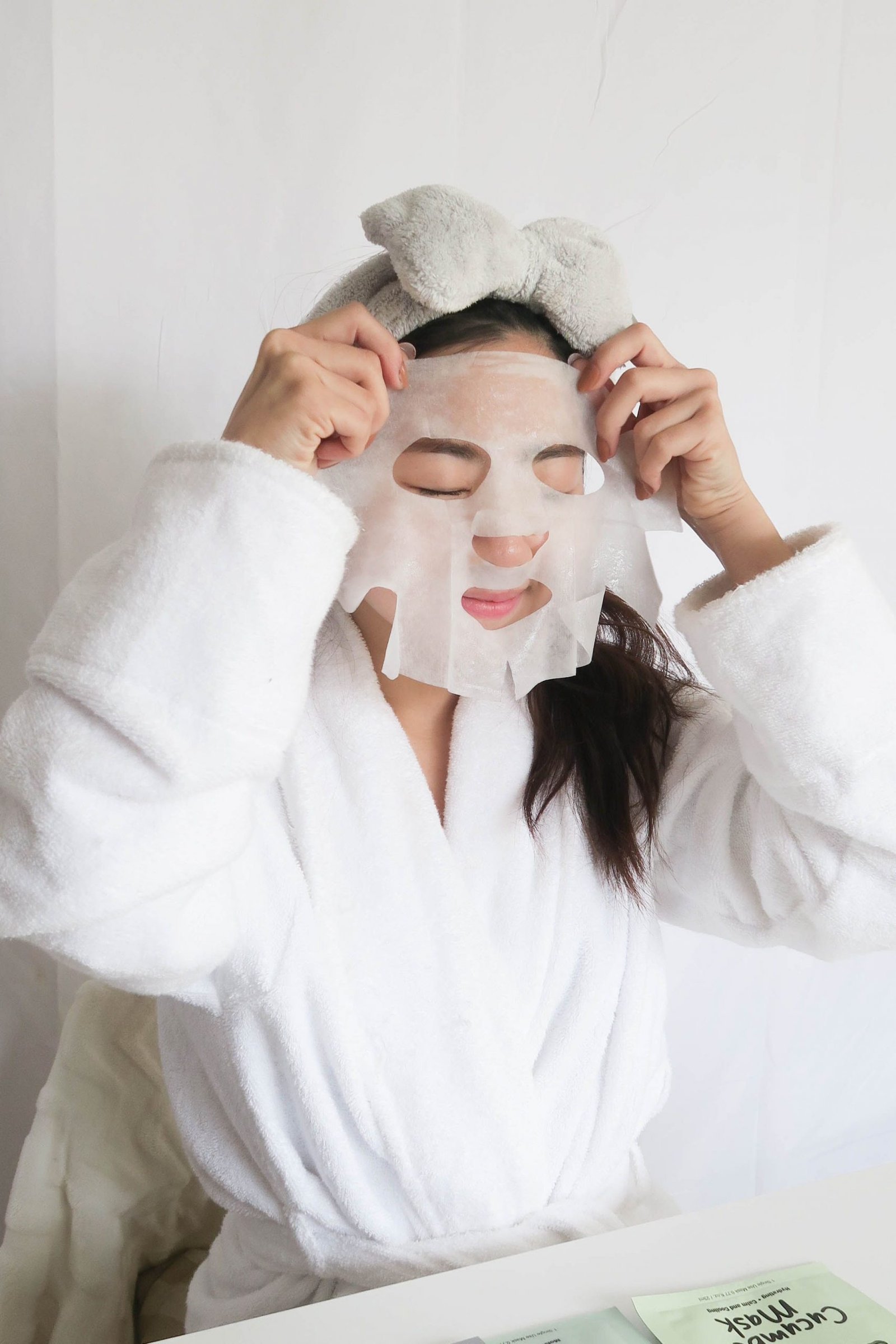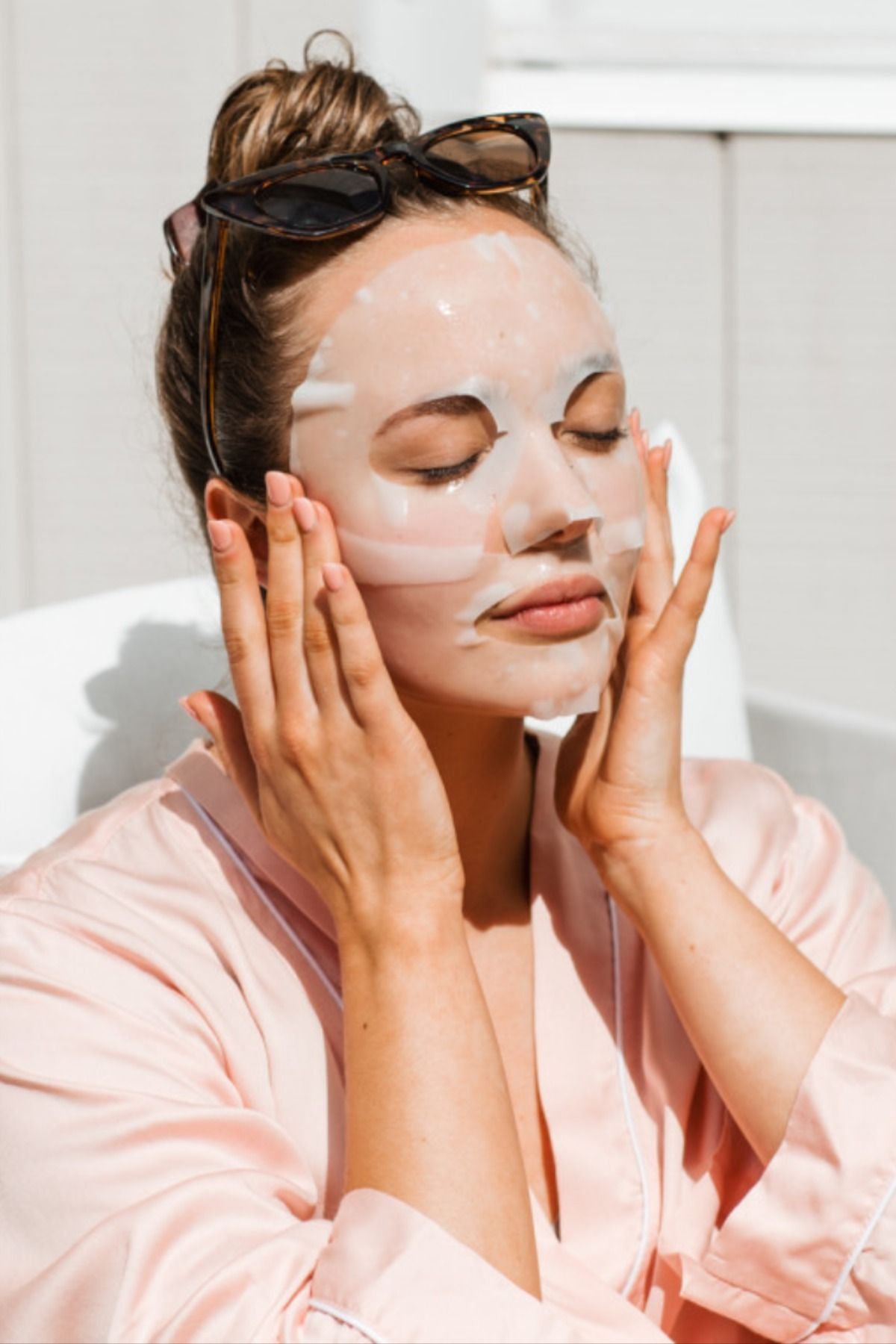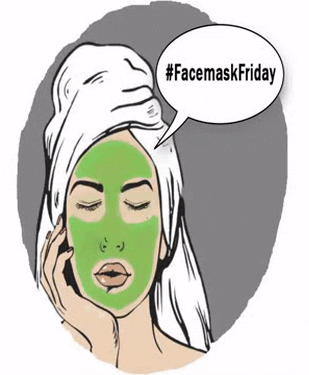
There have been many trending sheet face masks in the market now claiming to be the best for the skin. They are all made with various ingredients including cucumber, honey, watermelon, and what not! No doubt, they smell amazing but do they really work? Here’s what you need to know about the face masks we have frequently used for skincare!

Focus on ingredients
One thing that is important is that you need to focus on the ingredients that the mask claims to contain rather than the scent it offers. These face masks contain unusual ingredients which may not be safe for your skin, especially for sensitive skin. You should know your skin and then head towards the ingredients list at the back of the mask. There are different ingredients for different skin concerns for example,
Acne
For acne, one must look for salicylic acid, benzoyl peroxide and also, and some natural ingredients like Yogurt. If your mask has all of these, you are good to go!

Dark spots
For dark spots, head over to the ingredients list and look for kojic acid and azelaic acid that lighten the dark spots. Moreover, the face mask must also contain Alpha hydroxy acid (AHA) and lactic acid to remove the dead cells.

Oily Skin
For oily skin, one must look for salicylic acid, glycolic acid, sulfur, and charcoal in the mask as they reduce the excess oil and also reduce clogging of pores.

Dry skin
If you are using a sheet mask for dry skin, you must look for hyaluronic acid to hydrate your skin completely.

DIY Home Face Mask
If you wish to make a face mask at home for smooth and soft skin, there are certain ingredients that can be used to brighten up the skin. Milk and yogurt can be used to exfoliate the skin as they contain lactic acid. Secondly, aloe vera can be used which contain vitamin A, C, and E also instantly brighten the skin. Other than this, coffee can be used as an exfoliator that minimises the pores. However, make sure you do not use apple cider vinegar and lemon juice as they are acidic products and can cause skin irritation.







